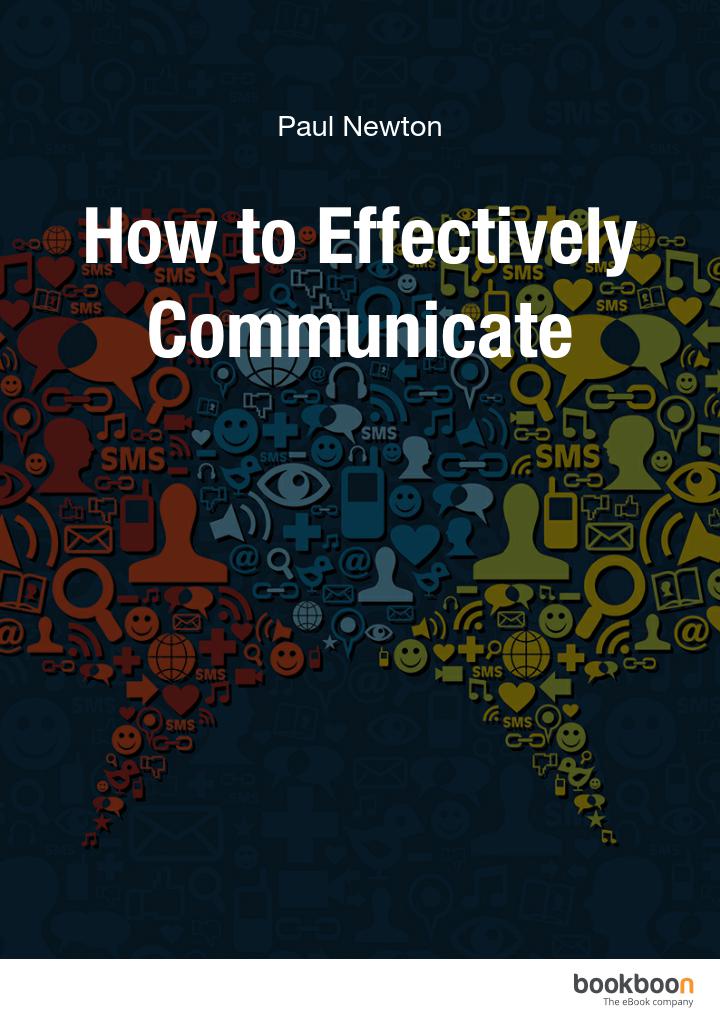Active listening for business success

Listening is one of the key business communication skills. It has the power to make or break your success in leadership, or customer relationships. Therefore, improving your listening skills means enhancing your business success.
There are five key aspects of becoming an active listener. You will probably already be employing some of them, but may need to practice others. However, once you are using these tools over time, you will find that they get easier and easier. Plus, you will learn so much about others and have such better conversations that you will be positively reinforced each time you practice.
Pay close attention
With this step, you learn to give the speaker your undivided attention. But you also let the speaker know that you are listening by using acknowledgements – types of verbal and non-verbal tools that help add proof that you are truly listening. For example, look the speaker in the eyes, and don’t start preparing your response or rebuttal while the other person is talking.
Demonstrate physically that you are listening
Use non-verbal and verbal signals that you are listening to the speaker attentively. An example might be nodding from time to time, or using small comments like uh-huh, yes, or right. You should also monitor your own body language. Be sure you remain open and relaxed rather than closed and tense.
Check for understanding
Our personal experiences, our perceptions, and our feelings can all influence the way that we hear. It is possible for the message to get mistranslated or misinterpreted so that we hear a message that was not intended. Before responding, it’s important to check for understanding using tools like asking questions that will help clarify the speaker’s meaning. Suggestions include things like: “Can you tell me more about…..?” or “What did you mean when you said…?”. Another technique would be to summarize what you have heard occasionally – don’t wait until the end or you might not remember exactly what was said.
Do not interrupt
When interrupting the speaker you will only be limiting your chance of understanding the message because you won’t hear it all – and because the speaker will get frustrated!
Respond appropriately
When you are actively listening, you are showing your respect for the speaker, as well as gaining the information that you need to form your response. Once you have that information and have clarified it, it’s time to form your reply. When expressing your thoughts be honest, open, respectful and thorough.
Remember too that you are modeling excellent behaviour for others when you use active listening. Don’t be surprised to hear others start to use clarifying questions or reflecting phrases as well – which would be a good thing for everyone concerned.




